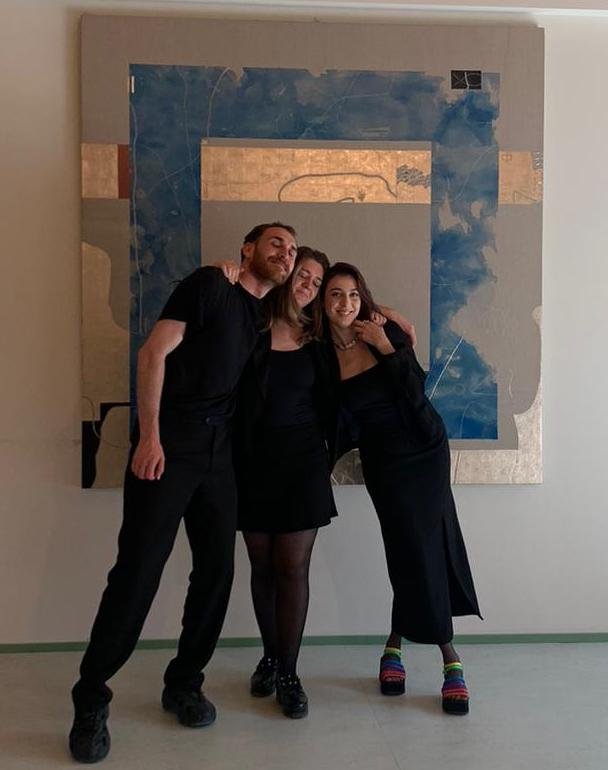A Tribute to Cities of Peace Illuminated: Rondine, Italy
Encounters
A Tribute to Cities of Peace Illuminated will kickstart the Cities of Peace Illuminated Tribute series, bringing together EFIAF and Rondine Cittadella Della Pace in a unique collaboration for a forward-facing, peacebuilding initiative through visual arts, education, and cultural diplomacy. Both organizations share a belief in the power of human creativity to heal and transform conflict, particularly in places where life has been damaged by war and violence.
This proposed initiative will take place in Rondine Cittadella Della Pace, Italy, a meeting space for individuals who come from war-torn cities and devastated backgrounds. Rondine Cittadella Della Pace is an ideal partner for realizing the continuation of the Cities of peace Illuminated Project, as its mission is in alignment with the project’s goal of building bridges of understanding and hope between former enemies and preventing hatred and destruction.
Background
In 2021 Ellen Frank and Zgjim Zyba had begun making preparations for a new Cities of Peace Illuminated Project, to be held in Rondine, Italy. Due to Covid the project got delayed. It was Ellen Frank’s dream to continue with the Cities of Peace Illuminated project in Rondine. Unfortunately, Ellen was unable to continue the project as she passed away in December 2021. In her memory, and as a tribute to her, we are steadfast in our resolve to see this project to completion and carry on her legacy.
The Painting
For the first time, the Tribute to Cities of Peace project is taking place in a location that is transformative by nature, rather than in a city directly affected by conflict. This seemingly small city, Rondine, is a citadel that was born from a vision and has become a place of real possibilities for young people from the very regions that Ellen Frank depicted in her paintings. We realized that Rondine, a citadel of peace, already possesses its own illumination. Furthermore, Rondine places a strong emphasis on the work done on an individual level, surpassing the significance of one's place of origin.
From these reflections emerged the idea of placing a map of the body at the heart of our painting for the first time. We contemplated the implications of drawing a map of bodies, acknowledging the multiplicity, relativity, and limitations of any map in describing the territory, including the territory of the body. We also reflected on the body as a process and as a relationship, encompassing the connections between the internal and external, self and other, future and memory, and humanity and nature.
The painting titled "Encounters" symbolizes the moments of connection and engagement between humans and nature. It captures the concept of coming together, interacting with, or experiencing something in a profound and meaningful way. The painting represents a dynamic and transformative interaction between humanity and the environment, highlighting the connection and relationship between the two.
After a two-month process of testimonial collection, discussion, and contemplation, the participants traced the outlines of their physical bodies, which are now depicted as golden lines and tracings in the painting. They then filled in their bodies according to their own emotions and personal journeys. Like the layers of a seascape, multiple overlapping elements, all equally visible on the surface, move at different depths within this painting. Some layers display symbols from various cultures, while others showcase the lived testimonies of the participants. Another layer reveals a river landscape, with more layers yet to be discovered by the observant viewer. The body is also portrayed as a landscape, in motion and in relation to its surroundings.
Throughout this process, the participants were given the opportunity to reflect and gain a deeper understanding of their own potential and responsibilities in representing and processing their own experiences. They also explored the organization and narration of their inner spaces, all with the aim of fostering more peaceful and supportive relationships.
Zgjim Zuba, Luiza Thaqi and Lumturie Krasniqi
.jpg)
